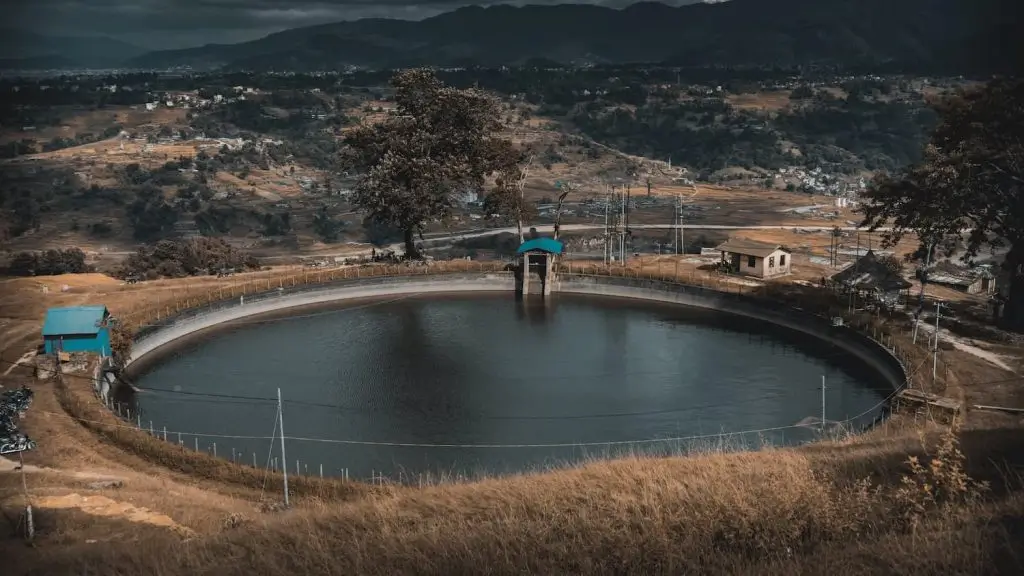Starting a company in Nepal can be a straightforward process if you understand the required steps. Here’s a simplified guide to get you on your way:
Table of Contents
Toggle1. Choosing the Right Company Type
Nepal’s Companies Act, 2006 provides for several types of companies:
- Private Limited Company: Can have up to 101 shareholders and cannot raise funds through public shares.
- Public Limited Company: Can raise public funds and requires a minimum of seven shareholders with no upper limit.
- Non-Profit Company (NGO): Designed for social work and public welfare, not for profit distribution.
2. Reserve a Company Name
- Apply for a unique name through the Office of Company Registrar (OCR) portal. Names must meet OCR criteria, including no resemblance to existing companies, no offensive terms, and specific formatting rules (e.g., multi-word names).
- Submit your name in both English and Nepali along with relevant business objectives.
3. Submit Documentation to OCR
- Once the name is approved, gather the required documents, including:
- Shareholders’ citizenship and shareholding ratios.
- Company’s registered address, capital, and objectives.
- Memorandum of Association (MOA) and Articles of Association (AOA): MOA outlines the company’s goals and scope, while AOA sets operational and governance rules.
- Signatures from all shareholders on each document page are required, then submit documents online and in person to OCR.
4. Document Verification by OCR
- OCR will review documents for completeness and accuracy. Possible corrections may be requested. After verification, you’ll pay the required registration fee (often waived in fiscal year 2023-24).
- Registration fees are based on the company’s authorized capital. For example, an authorized capital of up to NPR 1,00,000 requires a fee of NPR 1,000.
5. Tax Registration (PAN/VAT) at Inland Revenue Office (IRO)
- After receiving the company registration certificate, apply for a Permanent Account Number (PAN) through the IRO. Required documents include:
- Registration certificate.
- Address proof.
- Board minute approving the registration.
- Citizenship proof for shareholders.
- Company stamp.
Additional Tips
- Start early: Allow a few extra days to account for document processing.
- Clear objectives: OCR needs clarity on your company’s objectives to approve registration.
- Local Registration: Depending on your business, you may need additional registration with local government departments.
With the proper planning and documentation, you can complete this process in 7-15 days. Good luck with your entrepreneurial journey in Nepal!



